|
Before coronavirus, 5-year-old Willa Carmenini wasn’t worried about monsters under her bed. Now she’s asking about them every night at bedtime, and she doesn’t like going outside her New York apartment.
“She says it's the mask,” says her mother, Andrea Saraffian, though Saraffian suspects it’s more than that. It’s the rules about touching elevator buttons or avoiding friendly neighbors in the lobby. It’s the stress that her parents try so hard to hide. Before coronavirus, 4-year-old twins Lilybelle and Adam Mrabet would run to hug their father when he walked in the door after working at the family restaurant in Harlem. Now, they must wait until he strips off his clothes and showers to avoid exposing them to the virus. “It’s a bit sad to see them learn to be so patient at such a young age,” says their mother, Gloribelle Perez. Six-year-old Walt Grahlman got sick with COVID-19 and had a fever of 102 degrees for a week. His parents got sick, too, and lost work in his physical therapy practice and her work as a creative director. Now that they have recovered, Walt calls having Mom as a teacher “silly.” He never used the word “hate” before, but he hates coronavirus. Read more
0 Comments
My son is in a bit of a mommy phase. You might think being locked at home together 24 hours a day would satisfy his need to be with me, but you would be wrong.
The coronavirus crisis has only intensified his clinginess. He wants mommy for school activities, lies beneath mommy when she does yoga, accompanies mommy to the bathroom. And while I love the love, it’s a strain when he crashes my Zoom meetings in his underwear and I'm like a latter-day BBC Dad. Child development experts say it’s to be expected that in a time of crisis or anxiety, a young child might show a preference for one parent. They’re “hunkering down in their comfort zone,” said Tovah Klein, director of the Barnard College Center for Toddler Development. Read more. Around the time school was canceled because of coronavirus, my 5-year-old started climbing in bed with me every night. His excuses got increasingly baroque: bad dreams, a spider, hundreds of spiders, a black hole.
He started playing “baby." He sucked on comfort blankets he had previously abandoned. Finally, he said he wanted to climb back into my tummy. What I was witnessing was a slow-motion regression, all the way back to the womb. Stress and anxiety can show up in all kinds of ways in children: irritability, defiance, clinginess. But one of the most common responses is regression. Sleep regression and toddler potty training regressions are common, but psychologists say all children (and adults) may regress in times of stress. Read more The story of the rise of wellness has to a large degree focused on Gwyneth Paltrow’s Goop, in part because of an undeniable, if alarming, trend: Wellness is the new wealth. The very word “wellness” can conjure images of wealthy women in yoga pants trying the latest sweetgrass-kale cleanse after a session at SoulCycle.
To hear that version of the story, it can sound as though affluent women have created their own health care system – one focused on detoxes and supplements and forest bathing and non-inflammatory diets and jade eggs. In truth, Goop is on the fringe of a much larger trend, a $4.2 trillion wellness industry that includes fitness classes, supplements, essential oils and a wide range of alternative therapies – some potentially helpful and others, like homeopathy, thoroughly discredited. Many women find themselves navigating these waters alone in an attempt to feel better. But it’s usually not the first place they turn. For many, wellness is filling a gap that medicine left behind.
The best gifts for babies, according to child development experts
The best gifts for 1-year-olds The best gifts for 2-year-olds The best gifts for 3-year-olds The best gifts for 4-year-olds The best gifts for 5-year-olds The best gifts for 6-year-olds The best gifts for 7-year-olds The best gifts for 8-year-olds The first year of my son’s life — my first year as a mother — was a blur of wonder, exhaustion and anxiety for me, in nearly equal measures.
Mixed with pure joy was confusion (what is that rash on his face?), frustration (why won’t he stop crying?) and serious sleep deprivation. I read and re-read pages in the same books over and over without remembering anything. So, my best parenting advice: Trust your instincts. Start reading before the baby comes. And, if you pick up a book after the baby arrives, make sure it's worth your time. Read More. The love you show your children this Valentine's Day doesn't have to be all hearts and flowers and chocolate.
In Matt de la Peña's tender new picture book, “Love,” it’s also burned toast, made by someone well intentioned and rushed. Or the comforting arms of a loved one, when things really aren’t OK. It is, in other words, real. And heartbreaking. And beautiful. Read More. Remember when books aimed at girls were covered in pink and glitter? Today, all those princesses seem to be surrounded by small, raised fists.
Read More. It starts with an idle question for my husband: “Should I try to become a morning person?”
“Do I have to live with you?” he asks. “Or can I get a hotel room?” For most of my life, I woke up to at least two alarms — one next to my bed and another across the room to make snoozing more difficult. I would walk back and forth between them, hitting snooze on each, for an hour or more. Anyone I ever lived with, and many I didn’t, became my wake up caller, checking on me for important events. Children will change that for you. I haven’t set an alarm in six years thanks to my early rising sons. They wake up sometime around 6 am (or 5 during particularly brutal times) and that’s that. But have I become the morning ray of sunshine who says “Good morning, children! Let’s go play Legos?” I have not. Read More |
AuthorLisa Tolin is a journalist and Special Projects Editor at NBC News. Archives
June 2020
Categories |
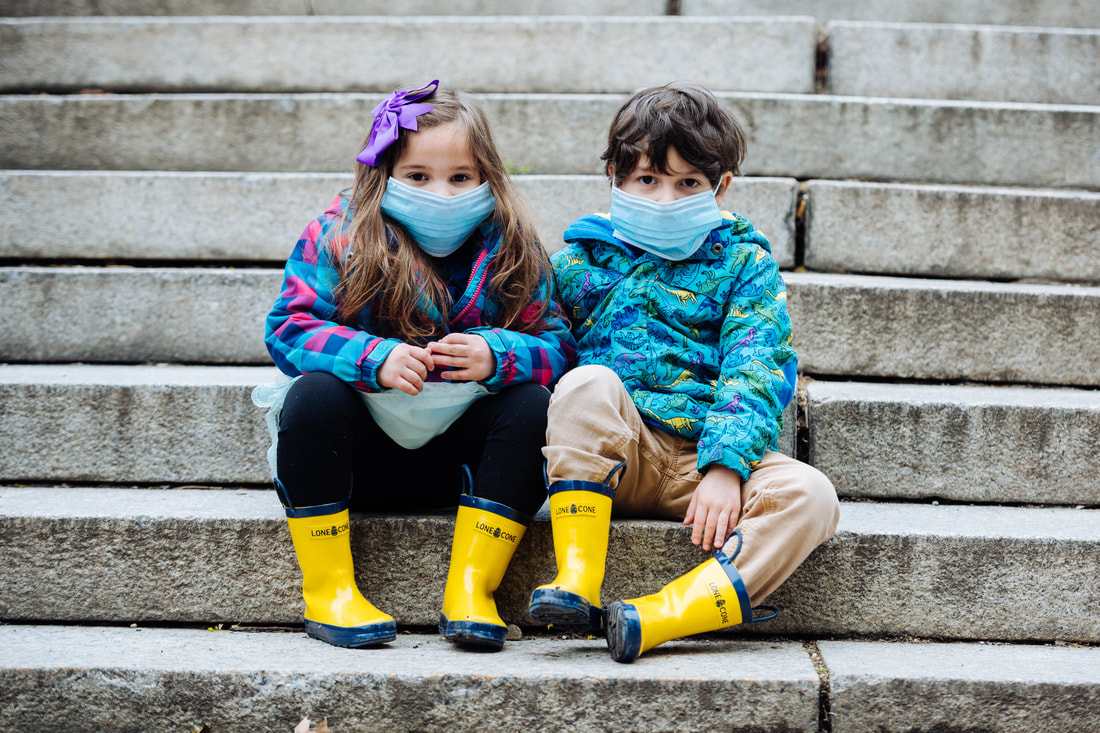
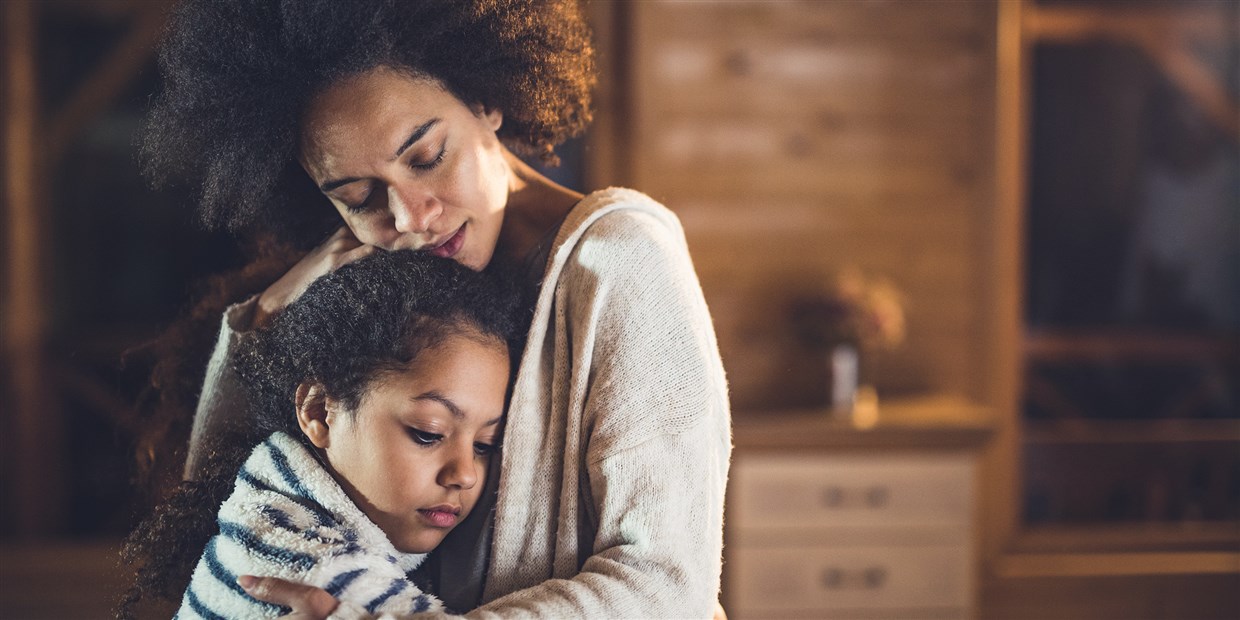
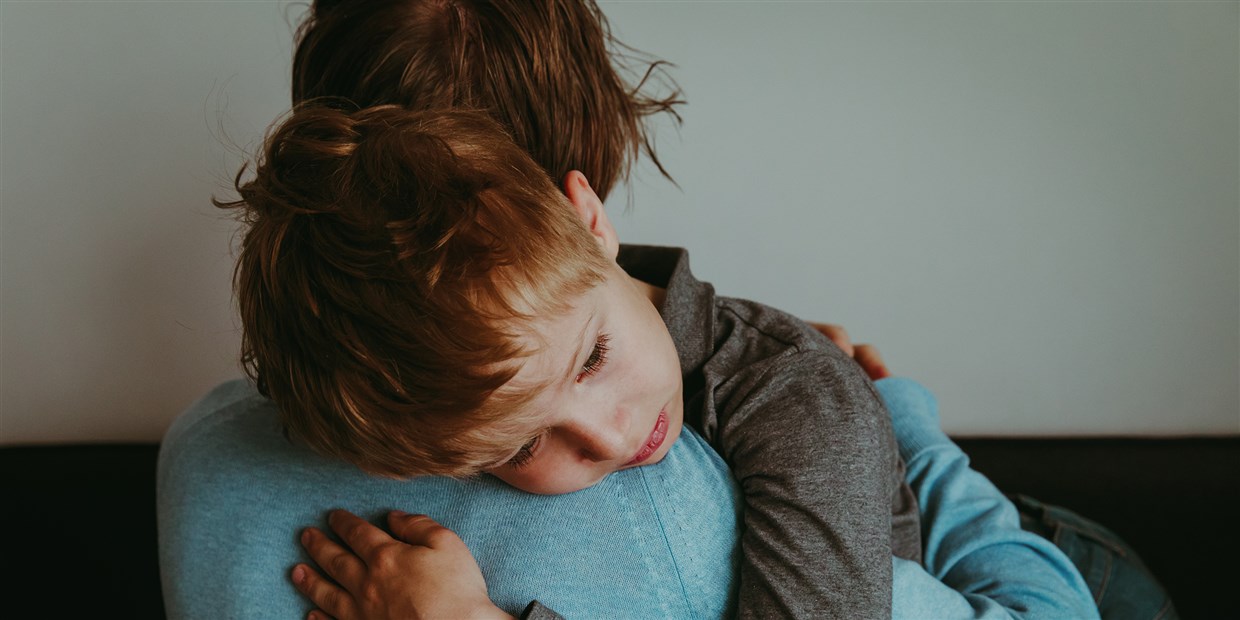
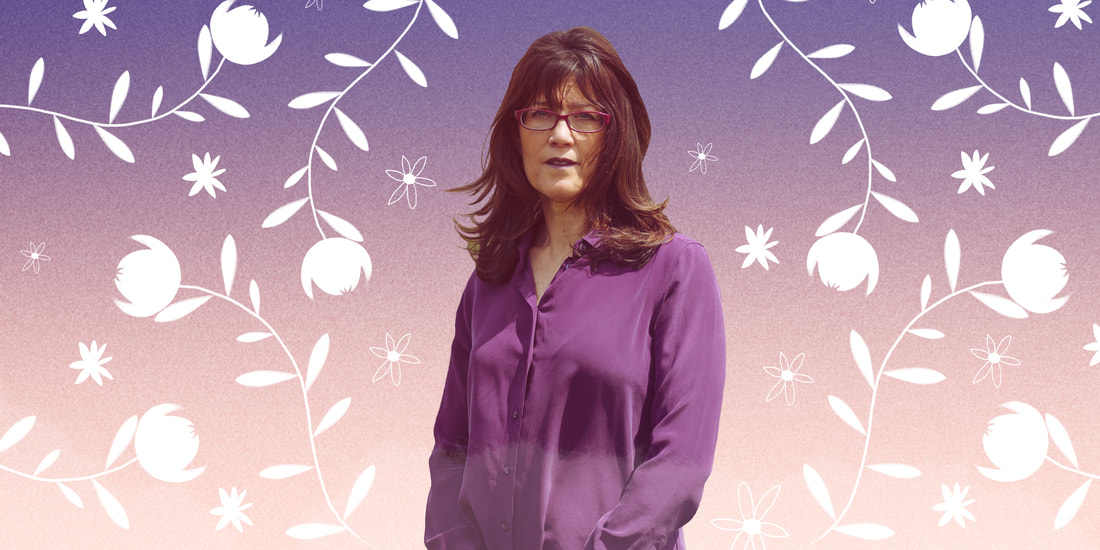
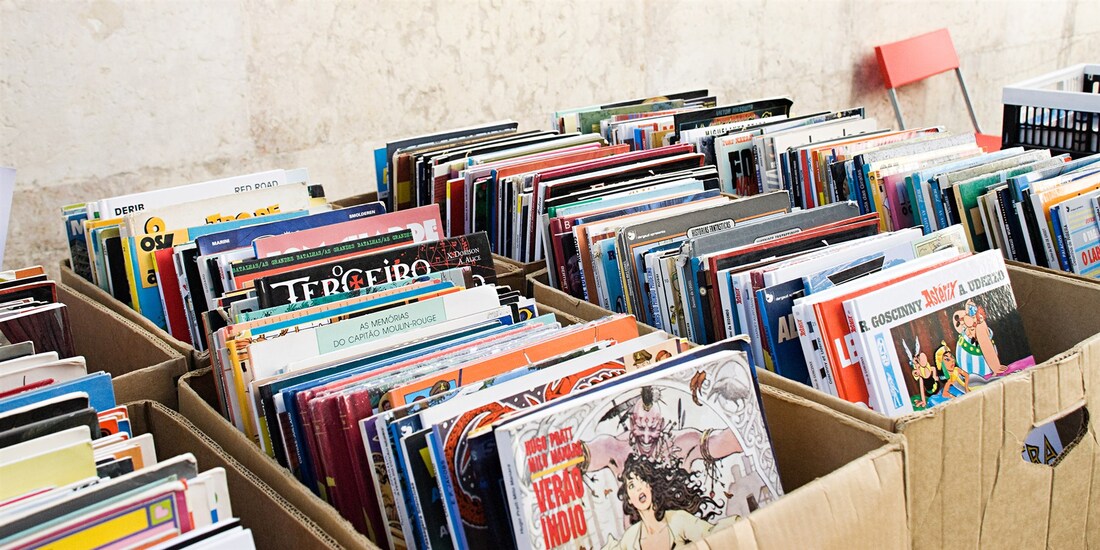
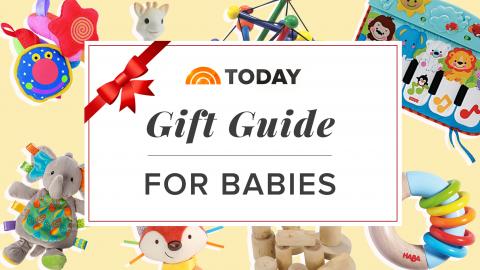
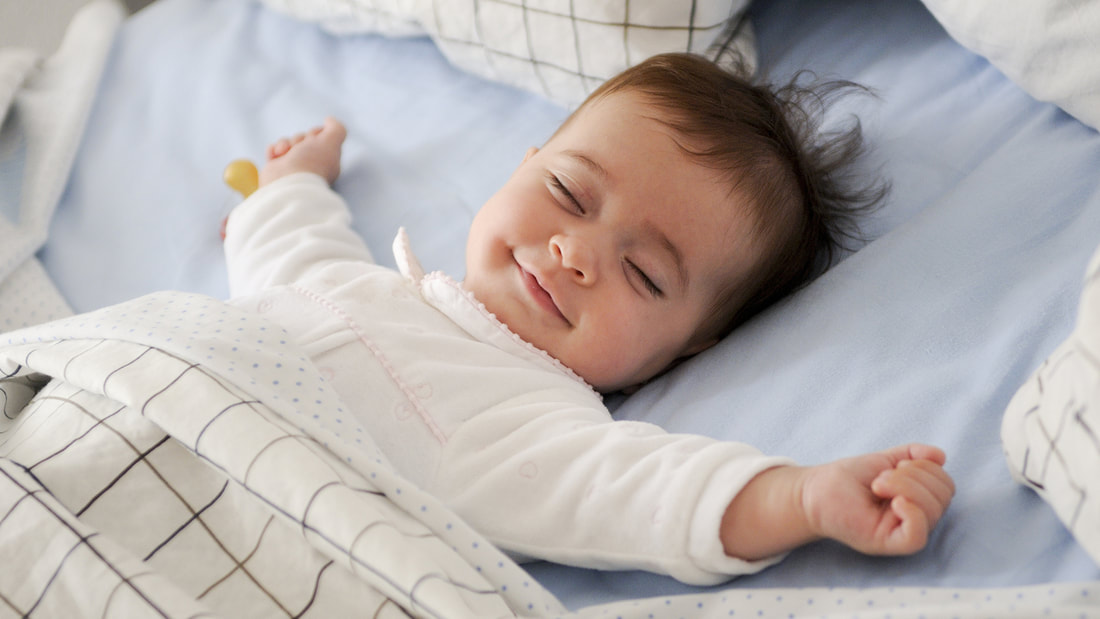

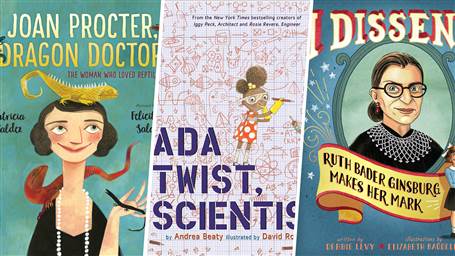
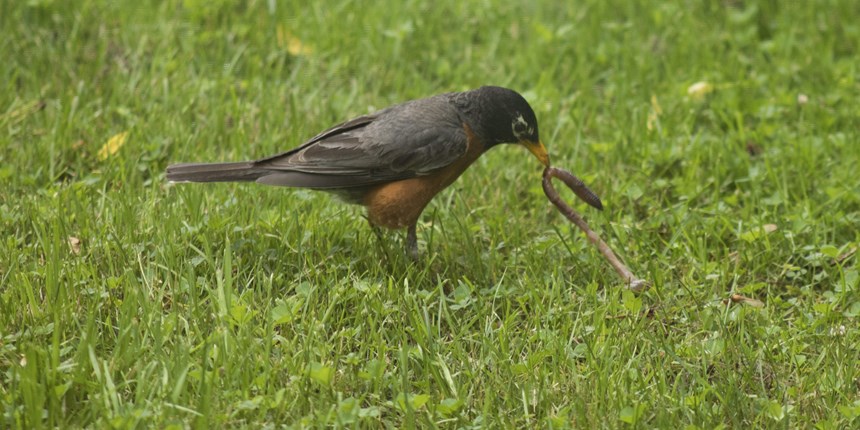
 RSS Feed
RSS Feed
